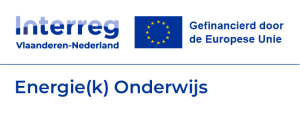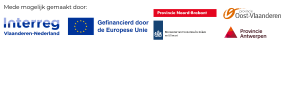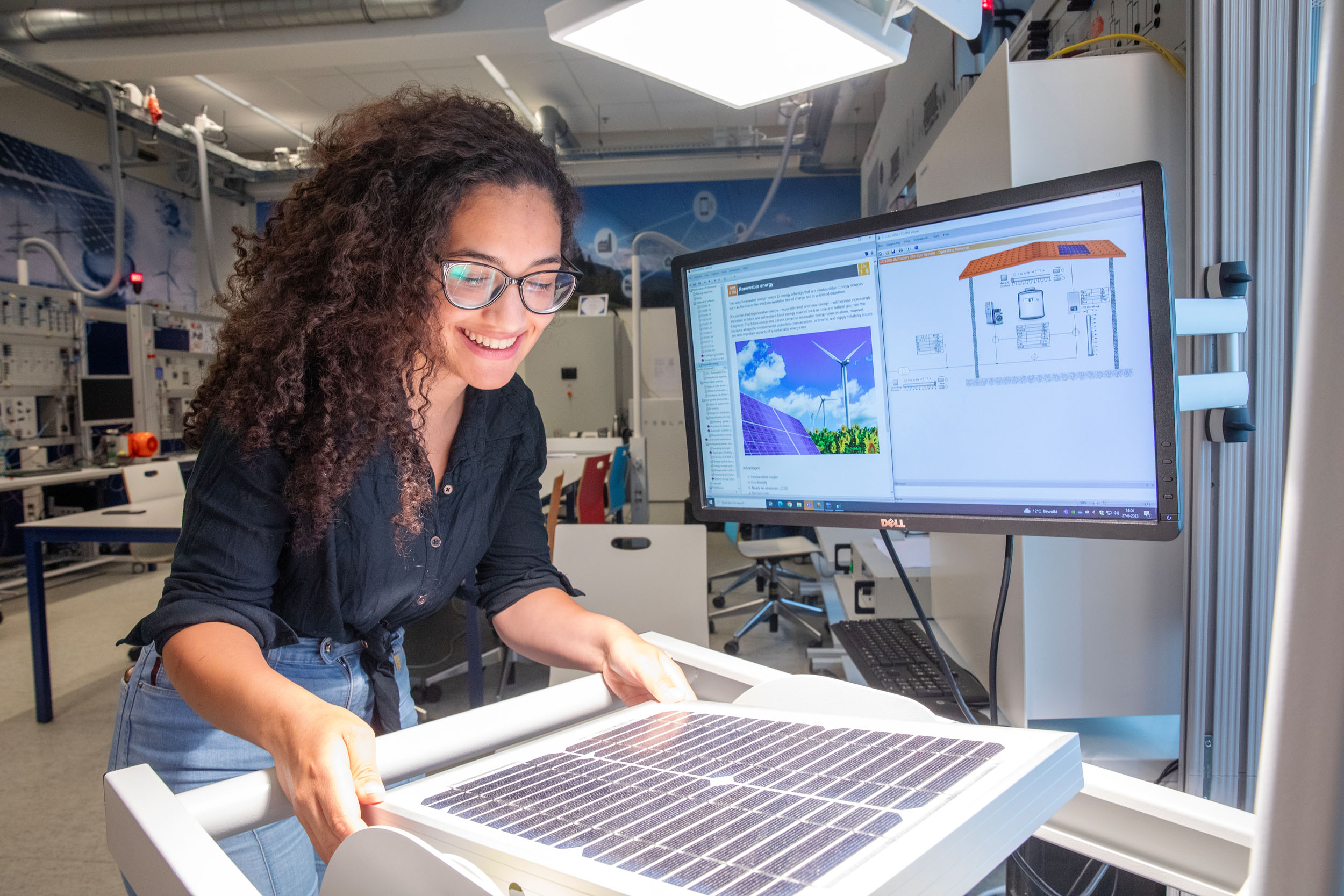
A sustainable Europe
In order to limit global warming, the European level is working hard to significantly reduce greenhouse gas emissions and bring them to zero by 2050. To achieve this, competencies around sustainability are essential. Over the past 10 years, the focus of the energy transition has largely been on developing and testing innovative energy technologies. A necessary condition but certainly not the only condition for this major, societal task to succeed.
Energy transition requires skilled personnel
More and skilled (energy) technical personnel at all levels of education has increasingly become a bottleneck. The type of personnel needed will also change significantly in the coming years. There is a need for broadening skills and learning digital competencies. It is good that there is increasing attention to this from all sides, and the Energy Education project also contributes to this.
The road to success
The Energy Education Project is making every effort to prevent the energy transition from stalling due to personnel shortages in the energy sector. The project does this by:
- making visible the qualitative and quantitative demand for (energy) technical personnel from the market;
- developing new and better educational programs in secondary and higher education, focused on the energy transition;
- develop retraining programs for lateral entrants;
- developing in-service training programs for current staff and teachers;
- enthusing schoolchildren, students and lateral entrants for a future in the energy transition;
- promoting national and regional cooperation between education, government and industry;
- creating hybrid apprenticeships at educational institutions and companies.
Cooperation across borders
The challenges we face on both sides of the border are similar. By cooperating across borders, needs can be met more quickly and efficiently and mutual competition can be countered. The educational institutions involved represent the majority of secondary/medium and higher (vocational) education in the sectors involved. And the entrepreneurial organizations involved have a good picture of the work field in the Netherlands and Flanders. Together, the project partners also want to ensure that corresponding skill levels are recognized across the border. This is why there will be intensive cooperation between these 18 project partners in the Southern Netherlands and Flanders in the coming years. Because only through cross-border cooperation will we get a smarter and greener Europe!
Project partners
In the project, 18 educational institutions, governments, a regional career fund, a regional intermediary and an entrepreneurial organization from the Southern Netherlands and Flanders work together. The project has a size of €4,200,000.
Avans Hogeschool, Zuyd Hogeschool, Hogeschool Zeeland, Thomas More Hogeschool, Hogeschool Vives, Curio, ROC Da Vinci College, Koning Willem 1 College, ROC ter AA, ROC Tilburg, Scalda, Summa College, Katholiek Onderwijs Vlaanderen, Mtech+, Provincie Antwerpen, RTC Oost Vlaanderen, Vlaamse Energie- en Klimaatagentschap (VEKA) en Wij-Techniek (also on behalf of Techniek Nederland).
Interreg Flanders-Netherlands
Energy(k) Education is funded within the Interreg V program Flanders-Netherlands, the cross-border cooperation program with financial support from the European Regional Development Fund. Learn more at: www.grensregio.eu.
Would you like more information about this project? Then send an email to energiekonderwijs@avans.nl









